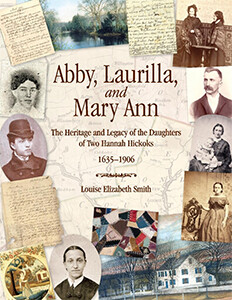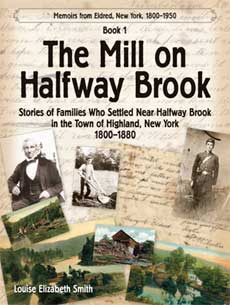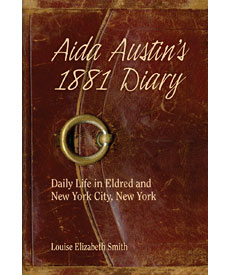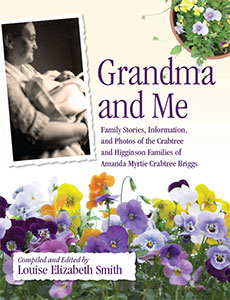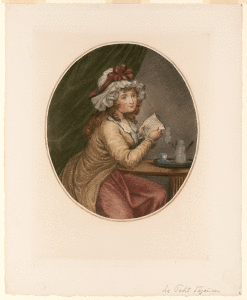
The Colonists bought smuggled Dutch tea rather than pay for more expensive tea from the East India Company. So in 1767 Parliament passed the Indemnity Act, which lowered the tax on tea consumed in Great Britain and gave the East India Company a refund of the 25% duty on tea, if it was re-exported to the Colonies.
To help offset the loss of government revenue, Parliament passed the 1767 Townshend Revenue Act. Taxes levied on items imported by the Colonists included: glass, lead, paints, paper, and tea. Protests were so strong that the British repealed all taxes except the one on tea.
The Colonists then boycotted legally imported tea. In 1768 British troops were stationed in Boston to protect officials appointed to enforce Parliament’s laws.
Boston Ladies Boycott Tea
“Fine,” said over three hundred Boston women who signed an agreement in January 1770. “We won’t buy or even drink tea that is offered to us.”
—Boston Evening Post, January 31, 1770; historyofmassachusetts.org.
The demand for tea dropped and tea surplus grew in the East India Company’s English warehouses. Over one hundred years later Julia Smith, David Hickok’s granddaughter, referred to the ladies’ tea boycott.
Only Half Benefit from Our Common Fathers
April 19, 1875 was the Centennial for the Battles of Concord and Lexington. On May 1, 1875 Julia Smith and her sister Abby spoke at the Melrose Woman’s Suffrage Convention held to celebrate the Centennial, honor their forefathers, and their inherited principles.*
Julia retold the story of the auction of her pet cows and their meadowland and added that the State was no help. Then Julia referred to the Colonial women who wouldn’t buy or drink tea.
“Maybe Abby and I would fare better under a king,” Julia quipped. “When King George collected taxes on tea, his subjects could quit drinking tea, which many of the women were brave enough to do a hundred years ago.
“Now men propose to celebrate their victory over ‘taxation without representation’ by keeping a grand Centennial, while they leave half their citizens in a situation to suffer the same tyranny,” Julia said, unable to keep her sarcasm to herself.—Abby, Laurilla, and Mary Ann, p. 226–7.
* Melrose Woman’s Suffrage Convention, in Massachusetts: Woman’s Journal, May 1, 1875; Julia E. Smith, Abby and the Cows, pp. 52–4. (The men had held a celebration in Concord, two days earlier.)


